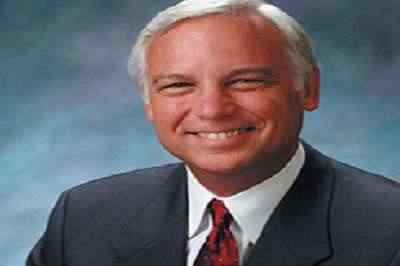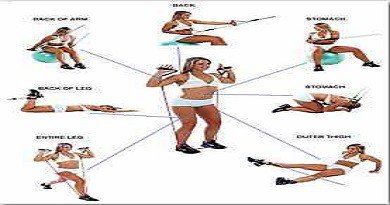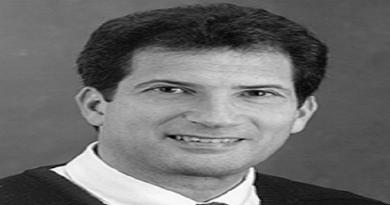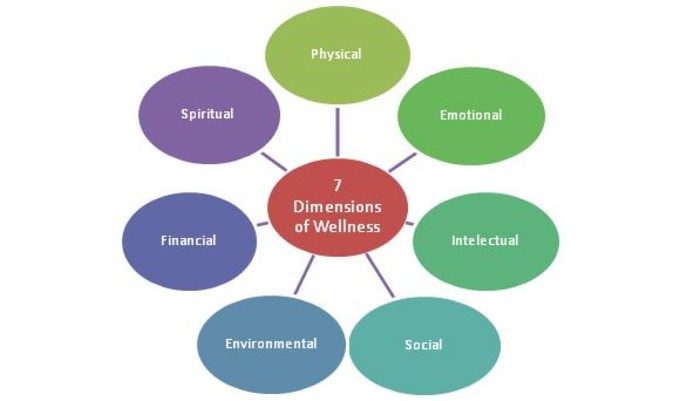What is the philosophy of Baruch Spinoza?
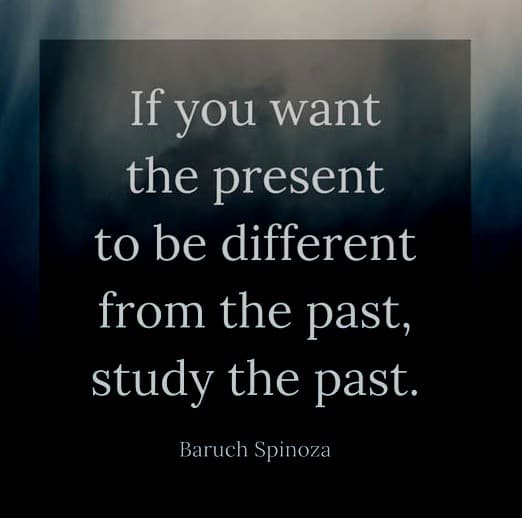
One of the most famous and influential figures of the seventeenth-century enlightenment age, Baruch Spinoza was born into a Jewish family in the Dutch Republic of 1632. He used to be an excellent Talmud student and a pious religious scholar of his time. Soon after, he began forming his own opinions and started distancing himself from the orthodoxy. Writings of philosophers like Francis Bacon and René Descartes played a major role during his formative years. His unorthodoxy and radical opinions provoked outrage from the Jewish theocracy and resulted in his expulsion from the community at the age of 23.
Baruch Spinoza Career
After his excommunication from the Jewish society, Spinoza remained in Amsterdam for a while and wrote Short Treatise on God, Man, and His Well-Being. With the increasing pressure from Jewish Rabbis in the city, the administration expelled him from Amsterdam somewhere between 1660 and 1661. Spinoza spent the remainder of his life moving around in different cities of the Dutch Republic like Rijnsburg, Voorburg and the Hague, working as a lens grinder and at the same time writing as private scholar.He collaborated with many mathematicians and scientists of note on many experiments while developing telescopes and other optical instruments. His works on precision microscopes, mechanics, lenses and telescopes were praised widely during and after his demise. Salaries, donations and pensions from these scientific efforts provided the much needed financial independence for him to keep working on his literary and philosophical works. Correspondence with leading scientific and thinkers established him as a well-known intellectual of that period. During this time spanning around 21 years, Spinoza worked on a lot of his publications including his widely praised works like the Theological-political Treatiseand his masterpiece,Ethics. The Treatisecharacterizes Spinoza’s stance on the role of religion in politics. It presents his ideas for a secular, democratic version of government, and pushes for keeping the government isolated from the confines of religious thought. His works and teachings about metaphysics, particularly on the divine and on restraining religious authority sparked outrage, controversy and earned him a reputation of being an atheist. Challenging the orthodoxy and calling for a liberalized, secular establishment that supported intellectual liberty and freedom of thought became the cornerstone of Spinoza’s philosophical outlook, which helping shape theology, academia and politics in future Europe.Baruch Spinoza, “Human Beings are Determined”
Spinoza was a determinist who believed in the idea that everything occurs because of necessity including every aspect of the human behavior. Spinoza believes that God is not an existence separate from any other thing in the universe. He says that everything existing in the universe is one single substance and no substance can be external to the infinite being of God. Therefore, nothing in the universe is separate or external from God, a deterministic being that everything in nature is a part of. According to Spinoza, every aspect of the human behavior is already determined and there’s nothing they can do about it. For him, true freedom is acknowledging that we humans are determined.Baruch Spinoza – Ethics – Full Unabridged Audiobook
Baruch Spinoza Quotes
I would warn you that I do not attribute to nature either beauty or deformity, order or confusion. Only in relation to our imagination can things be called beautiful or ugly, well-ordered or confused. Baruch Spinoza
Men govern nothing with more difficulty than their tongues, and can moderate their desires more than their words. Baruch Spinoza
Peace is not the absence of war, but a virtue based on strength of character. Baruch Spinoza
The world would be happier if men had the same capacity to be silent that they have to speak.Baruch Spinoza
[content-egg module=Amazon template=list]

